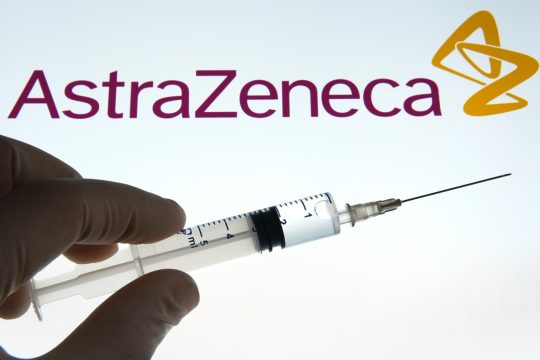Advertisment
Testosterone replacement shows cardiovascular benefits

by Bruce Sylvester: A retrospective analysis of data on more than 83,000 US veterans showed that men whose low testosterone was restored to normal achieved a reduced risk of heart attack, stroke, or death from any cause, when compared to similar men who were not treated.
Also, subjects who were treated but did not attain normal levels of testosterone did not achieve the same benefits as those who reached normal levels.
The study was published online Aug. 6, 2015, in the European Heart Journal.
Author Rajat Barua, MD, of the Kansas City (Missouri) Veterans Administration Medical Center, and assistant professor of medicine at the University of Kansas in Kansas City, Kansas said, “It is the first study to demonstrate that significant benefit is observed only if the dose is adequate to normalize the total testosterone levels. Patients who failed to achieve the therapeutic range after testosterone replacement therapy did not see a reduction in [heart attack] or stroke and had significantly less benefit on mortality.”
The researchers extracted data from a national database on more than 83,000 men with documented low testosterone, all age 50 or above, who received care in Veterans Administration hospitals between 1999 and 2014.
They divided the subjects into three groups, those treated whose total testosterone levels returned to normal (Group 1), those treated without thereafter achieving normal testosterone levels (Group 2), and those who were untreated and stayed at low levels (Group 3).
Subjects in the three groups were “propensity matched” to enable comparison between men with similar health profiles.
The researchers adjusted for factors affecting cardiovascular and overall risk, including age, body mass index, various chronic diseases, LDL cholesterol levels, and the use of aspirin, beta blockers, and statins.
Average follow-up was 4.6 to 6.2 years.
The investigators reported that the greatest difference emerged between Group 1 and Group 3. Treated men whose levels returned to normal were 56 percent less likely to die during the follow-up period, 24 percent less likely to suffer a heart attack, and 36 percent less likely to have a stroke.
The differences between Group 1 and Group 2 were similar but less pronounced. There was an insignificant difference between Groups 2 and 3, except for a slight benefit in survival for those who were treated.
“The mechanisms for these effects remain speculative,” the authors noted.





